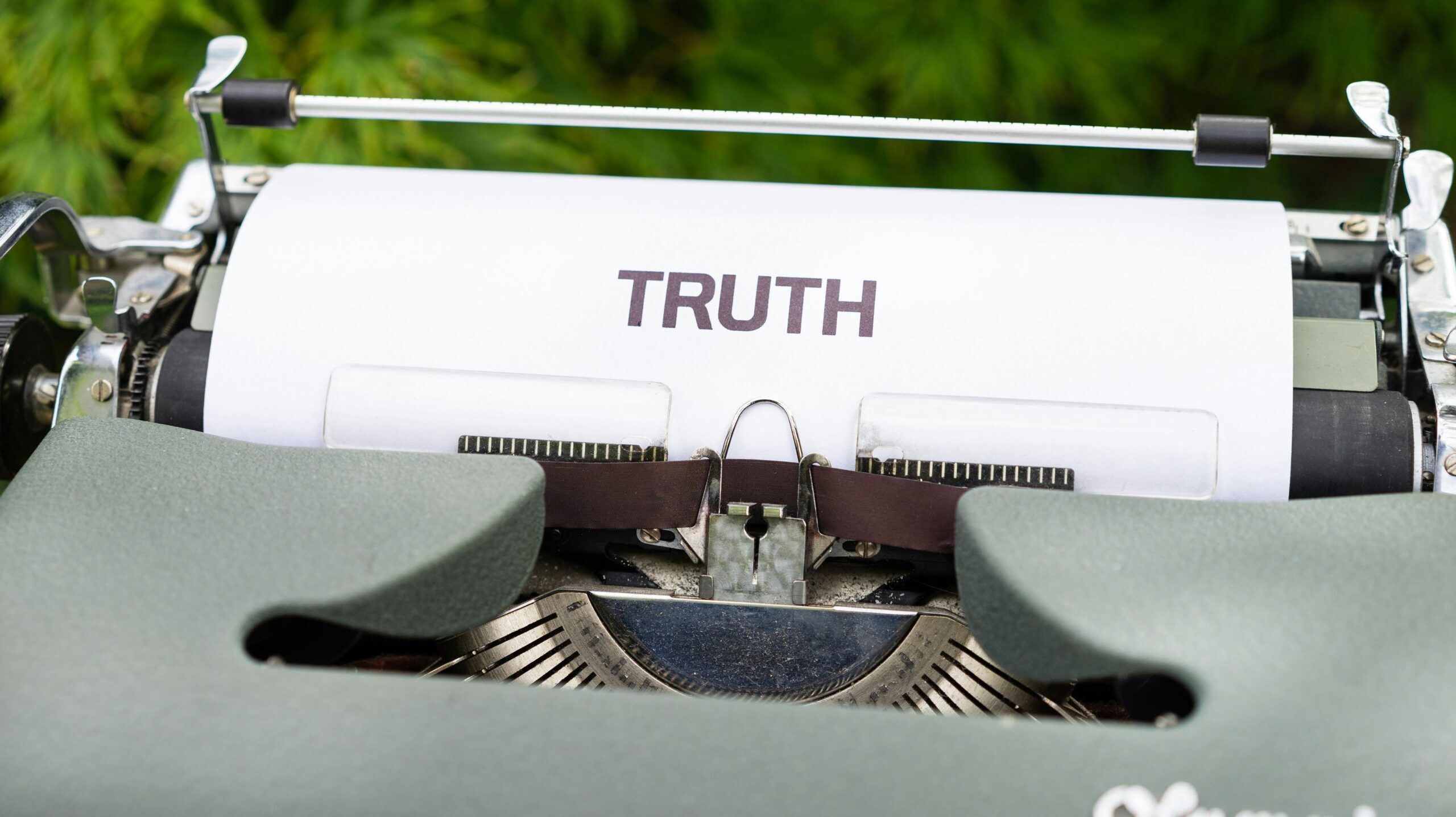This is a post on a health-related topic. We are not medical or other trained health professionals. The information presented here was what learned about ourselves on our journey. Your journey is different and it is best to consult your doctor or other medical professional before making a change. Please see our disclaimer at Before Making Lifestyle Changes before making any changes to diet, activity, etc.
You need to understand calories to manage your weight. If you want to manage your weight it means you have to know what your caloric intake is every day. Does that sound daunting or just simply annoying? It is both annoying and at first daunting but it does get easier over time. By the end of this post, we would like you to feel it is necessary and somewhat easy to do.
Making it Easier Through Technology
We found using calorie-counting applications is the easiest and most painless way to do this. While people have legitimate privacy concerns with sharing data, let’s put this in perspective. If you binge eat a quart of triple chocolate ice cream one day, and someone finds out, who cares? I once ate a pound of peanut butter while watching a late-night movie. Not my finest moment but who cares what happened other than me and my doctor?
The Primary Thing to Look for in Phone Apps Is:
- The amount of data they have on food items.
- An ability to scan a barcode or use a picture to log.
- The ability to show the nutritional breakdown of calories.
- Prompts, reminders, and other ways to keep you honest.
- Has the ability to change the serving size.
- Allows you to create your entries.
- A way to tie it in with other wearable technology such as a step or heart rate monitor.
There are many apps out there. We have had success with MyFitnessPal and Lose It. You should seek what works for you based on your needs, phone, and weight management goals. You need to identify what you want the app to do as they vary significantly in price. Before setting one up or buying one, make sure you do your research.
What to Log and Why

When Logging There are Some Tenants to Live By:
- Log what you eat right after you eat it to be accurate.
- Log everything even if it is small like the two teaspoons of sugar in your coffee.
- When there are multiple listings for something, choose the average.
- Have a couple of brews planned for the evening? Log them and build them in before you have them.
- Don’t try to log things such as fats your home meal was cooked unless it was an ingredient in the recipe.
After two weeks of logging, we learned exactly how our calorie intake lined up with our goals. If you can do it for 30 days it becomes a life-changing habit. Why make such a claim? We are lied to by labels, portion sizes, and add-ons that we don’t realize have a high impact on our calorie intake.
You will Probably See Some Surprises
We all want to eat healthy. Many of us will choose a salad as an entree for that reason. There is a misconception that salads are low-calorie or calorie-free. Unfortunately, that is not always true. Dressing, cheese, and nuts all are calorie-dense. Let’s compare a national brand of Ranch vs Oil and vinegar. For a serving size of two tablespoons, the Ranch is 130 calories while the oil and vinegar is 160.
What about those McNuggets? I love McDonalds! When you order a 10-piece McNuggets it is only 410 calories. You also add 3 BBQ sauces and a large lemonade to complete the meal. Those items don’t come without calories. 3 BBQ sauces are 135 calories, and the lemonade is 250. Your meal is now 795 calories. Often this is the case with calorie hidden add-ons and we don’t think about it such as fry sauce. You can find more information here.
With Honesty Comes Actionable Data
We will talk later more about this subject of where hidden calories are. The point of logging everything is to make you aware of what you are eating. The devil is in the details. We never realized how much this was happening until we forced ourselves to go through this exercise. That being said, this is about math and not a nutritional analysis. 795 calories is simply 795 calories. It isn’t wrong or right, it’s calories. You may want them, you may not.
Starting to count your calories gives you the power to understand yourself, what you eat, and where hidden gotchas are. Through the simple ( though annoying at first ) task of logging your food, you become empowered. This will lead to understanding how your goals are met or not met by something you finally control; caloric intake.
Where we have landed is that you now have a tool that helps you manage your weight. It isn’t easy. You have to have some level of discipline to do it. It requires being honest with yourself. Up until now, it was easy to fail in managing your weight. Advertising, portion sizes, labels, and hidden calories all conspire against us.
